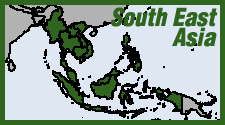 Indonesia executed six convicted on drug charges Jan. 17, rejecting last-minute appeals for clemency from international leaders. Four men from Brazil (possession of 13 kilos of cocaine), Malawi (1 kilo of heroin), Nigeria (1 kilo heroin) and the Netherlands (ecstacy production) and one Indonesian woman (3 kilos heroin) were put to death by firing squad on Nusakambangan Island, off the southern coast of Java. Another woman from Vietnam (1 kilo of methamphetamine) was executed in Boyolali, in central Java. Brazilian President Dilma Rousseff and Dutch Foreign Minister Bert Koenders were among world leaders to speak out against the executions. Koenders called them "a cruel and inhumane punishment... an unacceptable denial of human dignity and integrity." Brazil and the Netherlands recalled their ambassadors in protest after the executions were carried out. Amnesty International called the executions a "retrograde step" for human rights.
Indonesia executed six convicted on drug charges Jan. 17, rejecting last-minute appeals for clemency from international leaders. Four men from Brazil (possession of 13 kilos of cocaine), Malawi (1 kilo of heroin), Nigeria (1 kilo heroin) and the Netherlands (ecstacy production) and one Indonesian woman (3 kilos heroin) were put to death by firing squad on Nusakambangan Island, off the southern coast of Java. Another woman from Vietnam (1 kilo of methamphetamine) was executed in Boyolali, in central Java. Brazilian President Dilma Rousseff and Dutch Foreign Minister Bert Koenders were among world leaders to speak out against the executions. Koenders called them "a cruel and inhumane punishment... an unacceptable denial of human dignity and integrity." Brazil and the Netherlands recalled their ambassadors in protest after the executions were carried out. Amnesty International called the executions a "retrograde step" for human rights.

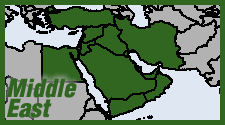 Border Guard patrols along Saudi Arabia's rugged mountain frontier with Yemen report mounting interceptions of hashish, weapons and other contraband. Over the past nine months, interceptions at the Najran border post alone netted four tons of hashish, as well as explosives, hand grenades, firearms and ammunition. Some 250 smugglers and 25,000 "infiltrators" were also detained at the post, and several vehicles impounded. But Border Guard officials admit that on several occassions the smugglers got away into the wilderness, with agents firing after them. At the Wadi post, to the east of Najran, border guards last month confronted six "infiltrators," killing five and capturing the survivor. Four tons of hashish were confiscated along the border just during the holy month of Ramadan, which ended with the Eid al-Fitr festival July 28—possibly because smugglers thought patrols would be slacking off. On the contrary, Saudi forces beefed up patrols.
Border Guard patrols along Saudi Arabia's rugged mountain frontier with Yemen report mounting interceptions of hashish, weapons and other contraband. Over the past nine months, interceptions at the Najran border post alone netted four tons of hashish, as well as explosives, hand grenades, firearms and ammunition. Some 250 smugglers and 25,000 "infiltrators" were also detained at the post, and several vehicles impounded. But Border Guard officials admit that on several occassions the smugglers got away into the wilderness, with agents firing after them. At the Wadi post, to the east of Najran, border guards last month confronted six "infiltrators," killing five and capturing the survivor. Four tons of hashish were confiscated along the border just during the holy month of Ramadan, which ended with the Eid al-Fitr festival July 28—possibly because smugglers thought patrols would be slacking off. On the contrary, Saudi forces beefed up patrols.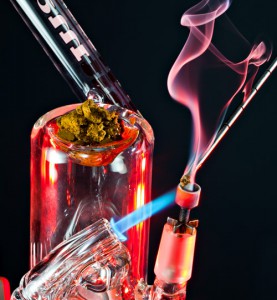 OK, here comes the latest media blitz in the backlash against the recent gains for cannabis legalization... The
OK, here comes the latest media blitz in the backlash against the recent gains for cannabis legalization... The  Mexican authorities on May 1 announced the seizure of a ship carrying 68,000 tons of illegal iron ore bound for China—hailed as the latest blow in a crackdown on the
Mexican authorities on May 1 announced the seizure of a ship carrying 68,000 tons of illegal iron ore bound for China—hailed as the latest blow in a crackdown on the  Renowned Mexican investigative journalist
Renowned Mexican investigative journalist 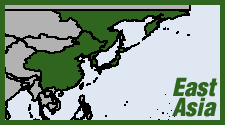 North Korea's sanction-stricken regime has long been accused of involvement in narco-trafficking as a source of currency, but a new report claims methamphetamine producers are proliferating along with an internal private market. According to a report in the Spring edition of the US-based journal
North Korea's sanction-stricken regime has long been accused of involvement in narco-trafficking as a source of currency, but a new report claims methamphetamine producers are proliferating along with an internal private market. According to a report in the Spring edition of the US-based journal 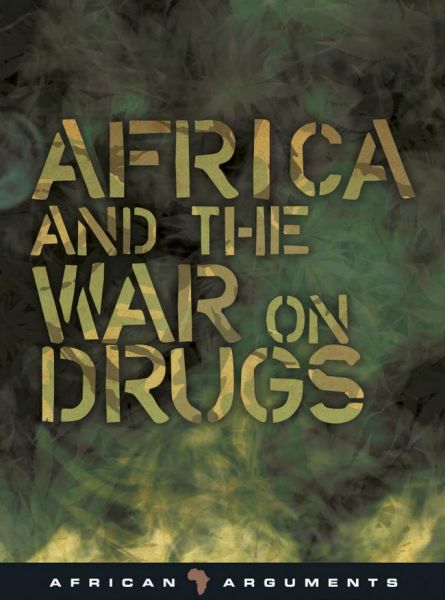 For those who have been wondering what the truth is behind the media sensationalism about global cartels establishing Africa as their new theater of operations, Africa and the War on Drugs by Neil Carrier and Gernot Klantschnig (Zed Books, London, 2012) clears the air in a welcome way.
For those who have been wondering what the truth is behind the media sensationalism about global cartels establishing Africa as their new theater of operations, Africa and the War on Drugs by Neil Carrier and Gernot Klantschnig (Zed Books, London, 2012) clears the air in a welcome way.





Recent comments
4 days 11 hours ago
4 days 18 hours ago
3 weeks 5 days ago
4 weeks 4 days ago
8 weeks 5 days ago
12 weeks 3 days ago
16 weeks 3 days ago
17 weeks 2 days ago
27 weeks 2 days ago
31 weeks 2 days ago